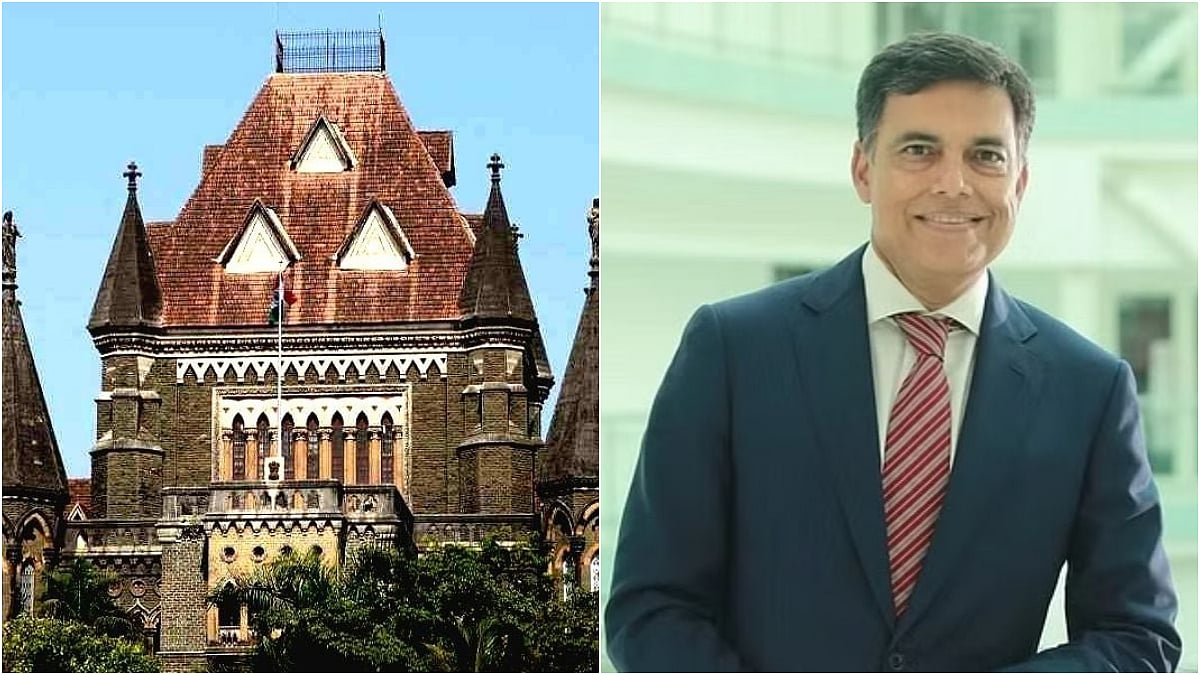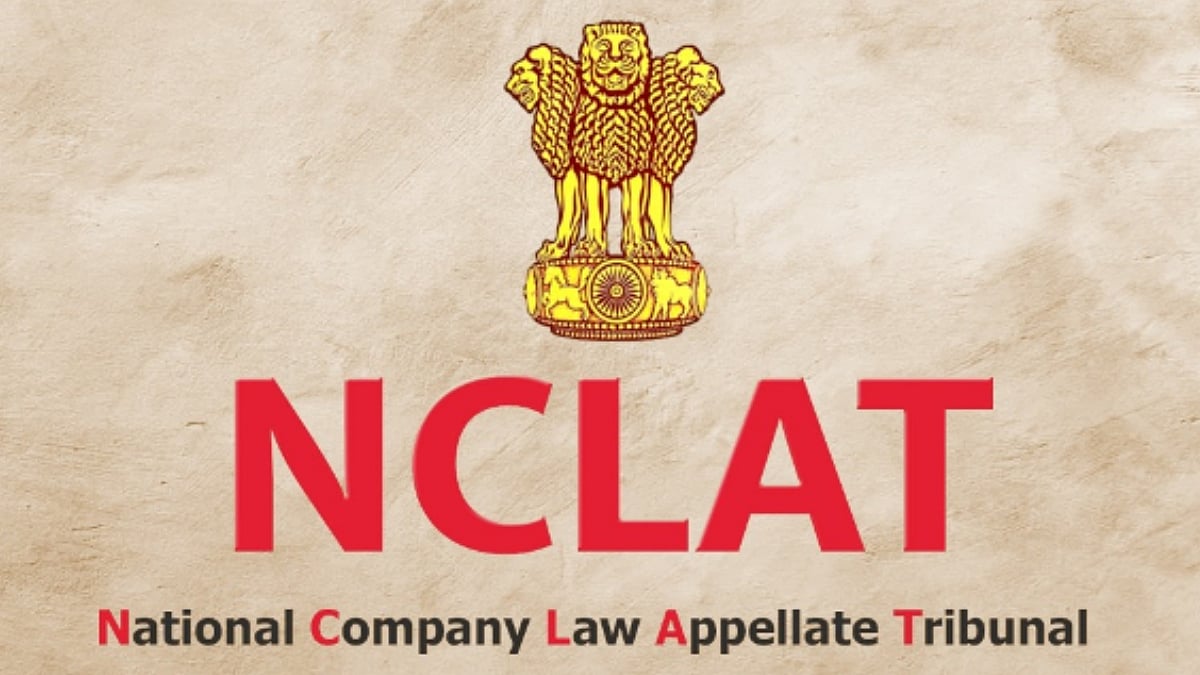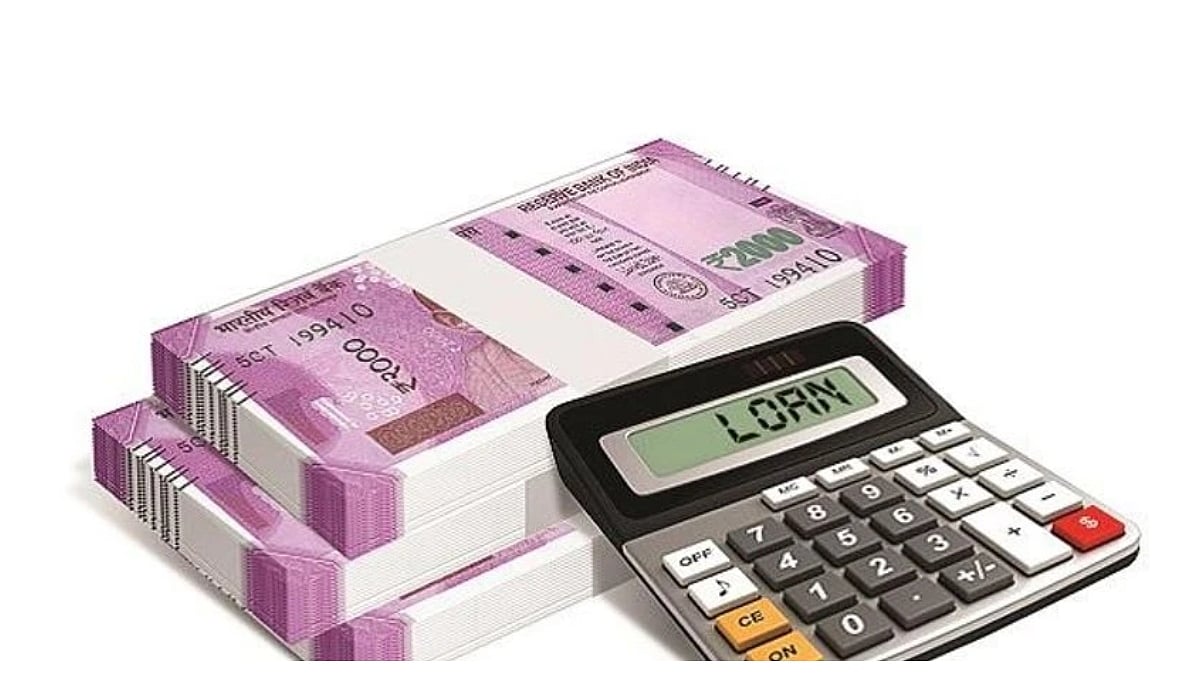Kunnur Seenivasan, a member of Assets Protection Council of Dravida Munnetra Kazhagam (DMK) party of Virudhunagar district, had filed a petition with the Madurai Bench of Madras High Court filed a public interest writ petition (PIL), which said those earning Rs 2.5 lakh and more to pay income tax may breed inequality and will breach Article 14 of the Constitution.
A division bench of Justice R Mahadevan and Justice J Sathya Narayana Prasad, ordered notice to the union government, asking them to respond within four weeks, and adjourned the hearing by two weeks. Notices have also been issued to the Union Ministers of Law and Justice, Finance Personnel, Public Grievance, and Pension.
What did the petition say?
The question that was put before the court was: if the people with an annual income of Rs 8 lakh were offered reservation under the Economically Weaker Section (EWS) category, then how can those that are earning only Rs 2.5 lakh per annum be made to pay income tax?
The petitioner said that as per the current Finance Act, the current income tax slabs are in conflict with the government's own findings, which clearly say that families with gross annual incomes up to Rs 8 lakh are eligible to avail benefits under the reservation for the EWS category.
How does it violate fundamental rights?
The 82 year old petitioner also said that the 'Paragraph A in Part-I of First Schedule of the Finance Act, 2022' on which the government set the tax slabs is in violation of Articles 14,15,16,21,265 of the Constitution of India. Four out of these articles mentioned contain the Fundamental Rights of the citizens of India. Which means that the government collecting tax from an individual who earns Rs 2.50 lakh as annual income is in violation of fundamental rights.
He also mentioned a recent Supreme Court decision in Janhit Abhiyan vs Union of India, where, while upholding the 10 per cent reservation for the Economically Backward Society, the court confirmed that socially forward community families that have income of up to Rs 8 lakh per annum without including the assets will be considered an EWS family.
This is unfair as a section of people with income below Rs 8 lakh per annum can get a reservation under EWS, while there are others that are not eligible to get a reservation under EWS on the basis of income criteria, and it will create economic inequality.










